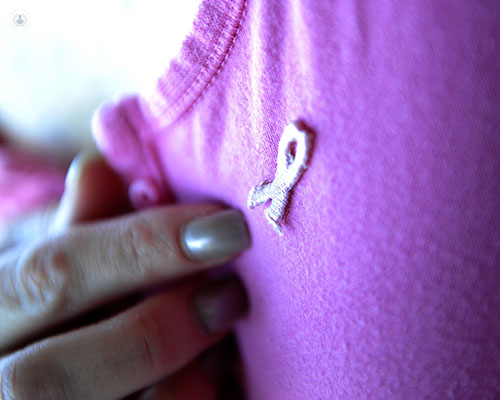

What is cancer screening?
Cancer screening aims to detect cancers in their early stages and is carried out on people presumed to have no symptoms at all. Early detection improves the chances of treatment being successful and the chances of survival are better too. Some screening tests can prevent cancer from developing entirely (e.g. cervical screening).

What does cancer screening involve?
In the UK there are three national screenings available – for breast, bowel and cervical cancer.
Breast cancer screening uses a mammography to assess the breasts and to detect any abnormalities. Mammographies are able to detect small lumps that cannot be felt physically. The national breast screening programme is offered to women between 50-70 years of age every three years. If you are younger than 50 mammograms are not very reliable in detecting breast cancers, so if you arrange to have a screening, it is more likely that you will have an ultrasound instead.
Bowel cancer screening is offered to men and women in the UK between the ages of 60 and 74 years. This age group are sent a testing kit every two years. The kit is designed so that a stool sample can be easily taken and sent for examination. In addition, at age 55 you are invited for a bowel scope test as well.
Cervical cancer screening detects abnormal cell changes in the cervix which if left untreated can develop into cancer. A screening kit is used which takes a sample of cells from the cervix with a special brush. The sample is then sent to a laboratory to check for abnormalities and also HPV. Cervical screening is offered to women between the ages of 25 and 64 years. Women aged 25 to 49 years are screened every three years. From age 50, women are screened every five years.
If you have a strong family history of certain cancers, it is likely that your doctor will recommend you have several additional tests.
Why is cancer screening done?
Cancer screening can detect cancer or pre-cancerous abnormalities early on, allowing more successful treatment and survival rates. As a result, cancer screening saves thousands of lives every year.
If you are not eligible for screening, but you notice changes that are out of the ordinary, make an appointment with a doctor who can examine these changes and advise any necessary tests.
